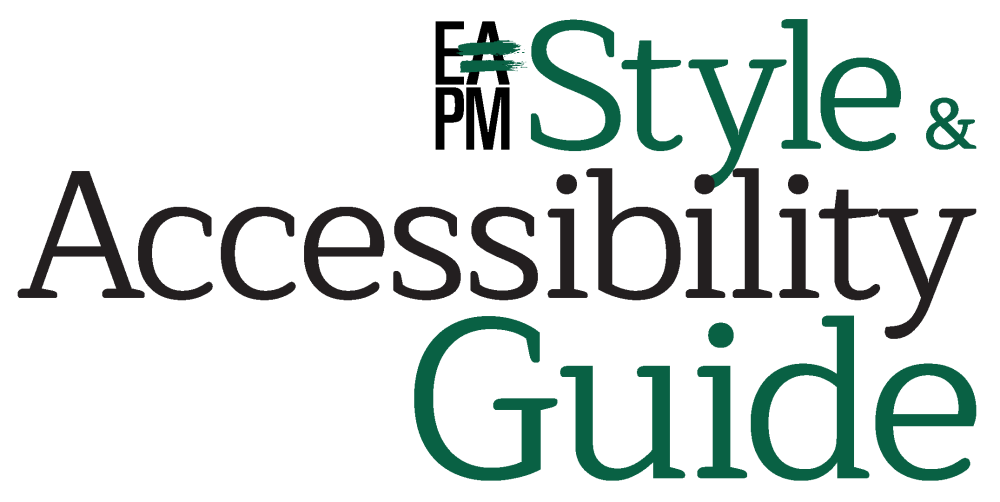affect
Both a verb and a noun, though it is best known in its verb form, where it can be thought of as meaning to influence or cause a change
or produce an effect on someone or something.
It is pronounced with a short a: ə-‘fekt.
Examples of use:
- The bright light affected him greatly, causing a migraine.
- Fruits and vegetables affect health in so many positive ways.
- It is a disease that affects millions of patients each year.
- Diabetes is a disease that affects the pancreas.
- Visiting the art exhibit was an experience that affected them powerfully.
- Try not to let emotions affect your decision.
As a noun, affect can be thought of as describing emotion. It is pronounced with emphasis on the a. (ˈa-ˌfekt, from the German Affekt, borrowed from Latin affectus).
Use this noun carefully, as it can be confusing to readers and is often used in a psychological or clinical manner. Examples:
- The psychological notes describe a flat affect of the patient, but an excitable vocal reaction.
- Apathy is often accompanied by a notable reduction in facial affect.
- She is an upbeat person and reflects that in her characteristic chipper affect.
If, as a noun, affect creates confusion in the sentence, reword the sentence or use a synonym.
The words affect and effect are not interchangeable. For more on how to use effect as either a noun or a verb, see effect.
Didn’t find what you need?
Try searching the Style and Accessibility Guide in the box below
Join the Guide patrons
The Style and Accessibility Guide is free to use because people like you have become Guide patrons. Consider joining for $24.99 a year — or any amount you choose.
